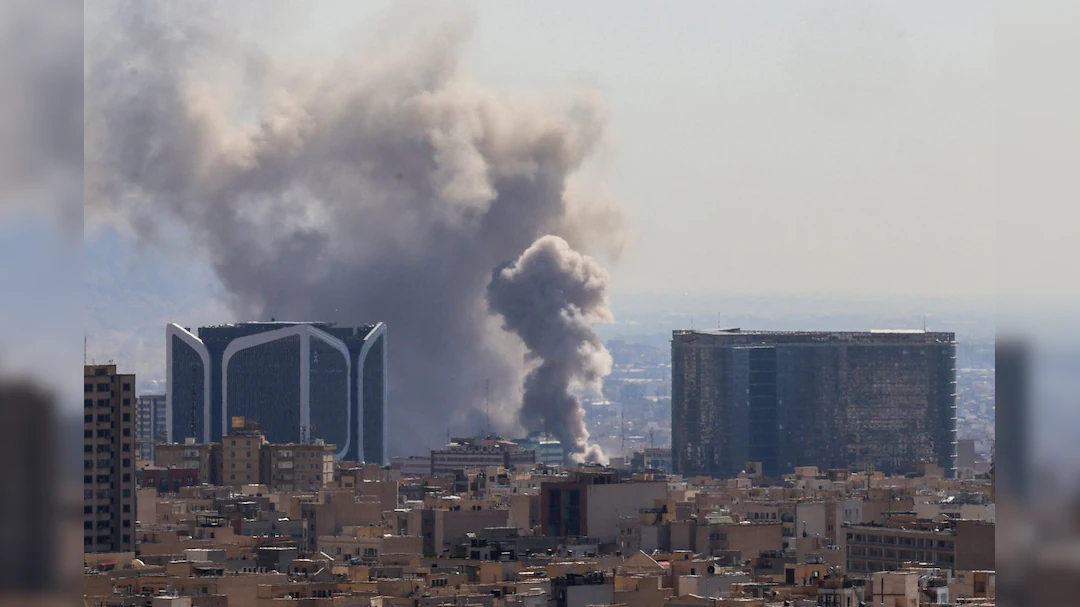Pakistan PM Threatens India Over Water Treaty
Pakistan’s Prime Minister Shehbaz Sharif sent a strong message to India yesterday. He said Pakistan will not let India take even one drop of their water. This comes after India put the Indus Waters Treaty on hold. The treaty is from 1960. It shares water between the two countries.
First, let’s look at what happened. India stopped the treaty after a terror attack in Pahalgam. That attack killed 26 people. It was on April 22, 2025. India blamed Pakistan for it. So, they took steps like Operation Sindoor. That was on May 7. They hit terror spots in Pakistan.
Sharif spoke at a event in Islamabad. He called India the enemy. He warned that if India tries to stop the water, Pakistan will teach them a lesson. They will hold their ears in regret, he said. However, India has not replied yet.
Meanwhile, Pakistan’s Army Chief Asim Munir also talkedtough. He was in Florida. He said Pakistan will destroy any dam India builds. The Indus River is not India’s property, he added. They have ways to stop India’s plans.
But India hit back. Their foreign ministry said Pakistan always talks about nuclear threats. It shows they work with terrorists. India will protect itself. They won’t give in to blackmail.
Additionally, Bilawal Bhutto from Pakistan said the same. He called stopping the treaty an attack on their history. Pakistan won’t back down if war comes.
Now, actor Mithun Chakraborty from India replied. He is with BJP. He said India will send missiles. He even joked about a dam and a flood. But he said he likes normal people in Pakistan. His anger is at their leaders.
So, what is the Indus Waters Treaty? It was signed in 1960. The World Bank helped. It gives three rivers to India: Sutlej, Beas, and Ravi. These are eastern rivers. Pakistan gets three western rivers: Indus, Jhelum, and Chenab.
Here is some data on water share. India gets about 20% of the total water. That is 33 million acre-feet per year. Pakistan gets 80%, which is 135 million acre-feet. This helps farmers and power in both countries.
Insert image here: Map of Indus River Basin showing rivers and countries. Source: https://upload.wikimedia.org/wikipedia/commons/6/6e/Indus_River_basin_map.svg
For a clear view, here is a simple graph of water allocation:
Water Share Percentage:
India: 20% |
Pakistan: 80% |
(This graph shows bars for easy read on mobile or computer. India has a short bar, Pakistan a long one.)
The total flow is around 168 million acre-feet. India uses its share for east areas like Punjab. Pakistan depends on it for most of their land. About 65% of Pakistan’s area gets water from this.
However, tensions are high now. After the attack, fights happened with drones and missiles. They stopped on May 10. But words keep flying.
People in India and Pakistan worry. Farmers need water. Cities need power from dams. If war comes over water, it will hurt everyone.
Moreover, this affects the world. The US heard Munir’s words there. India said it’s sad from a friend country.
For more on this, check our site. Visit AMERICA NEWS WORLD (ANW) at https://america112.com/ for daily updates.
Experts say the treaty worked for 65 years. It survived wars. But now, climate change makes water less. Droughts hit both sides. They need to talk, not fight.
In India, leaders say they follow the treaty. But after attacks, they act strong. Pakistan says India builds dams wrong. They complain to World Bank.
Furthermore, read about past issues. In 2016, after Uri attack, India talked about water. But they did not stop it then.
Today, with new threats, peace looks far. Both sides arm up. But normal folks want calm.
To learn more, see this external link: reuters.com
Also, for global news, go to AMERICA NEWS WORLD (ANW) on . We cover stories from Asia to America.
In short, Sharif’s words add fire. India stays quiet for now. But water is life. No one wins if it stops.
Transitions help connect ideas. For example, however shows contrast. Meanwhile links times. Additionally adds info. So, talks must start soon. Peace is key.
This news matters to all. From kids learning history to old folks remembering wars. Water links us all.
Discover more from AMERICA NEWS WORLD
Subscribe to get the latest posts sent to your email.
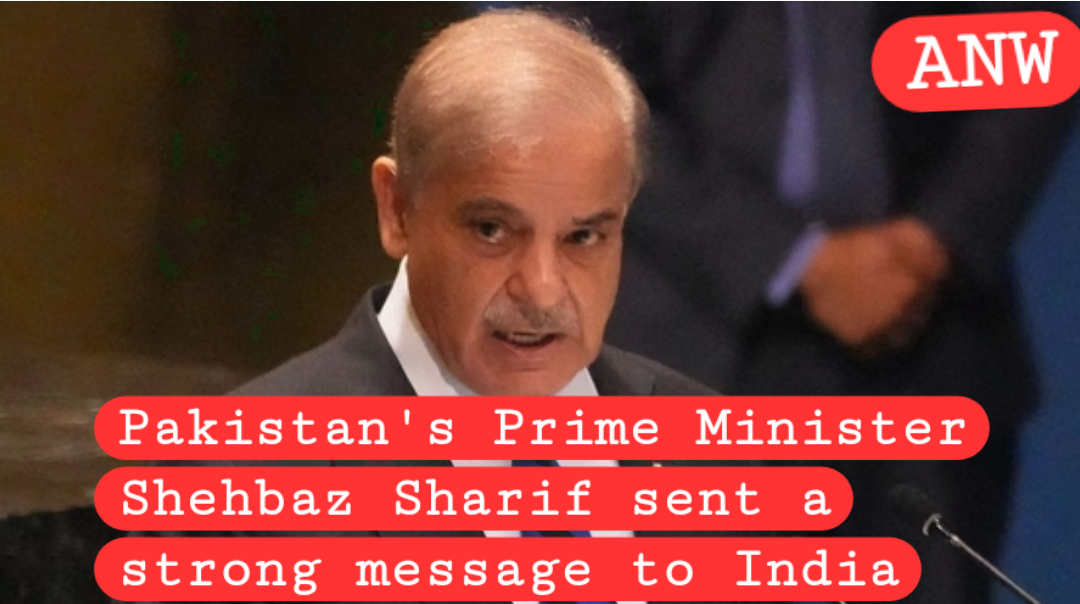


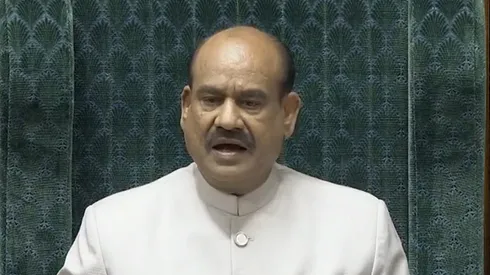

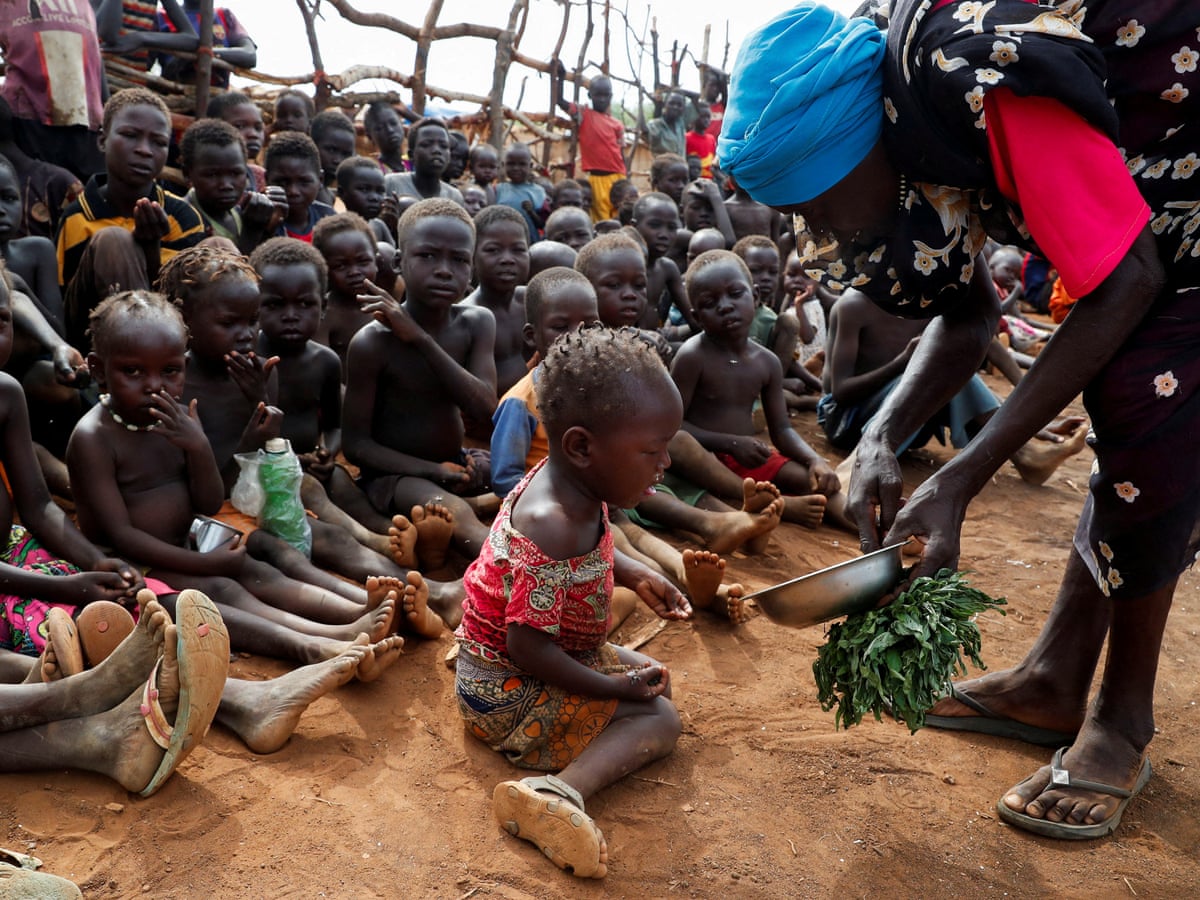
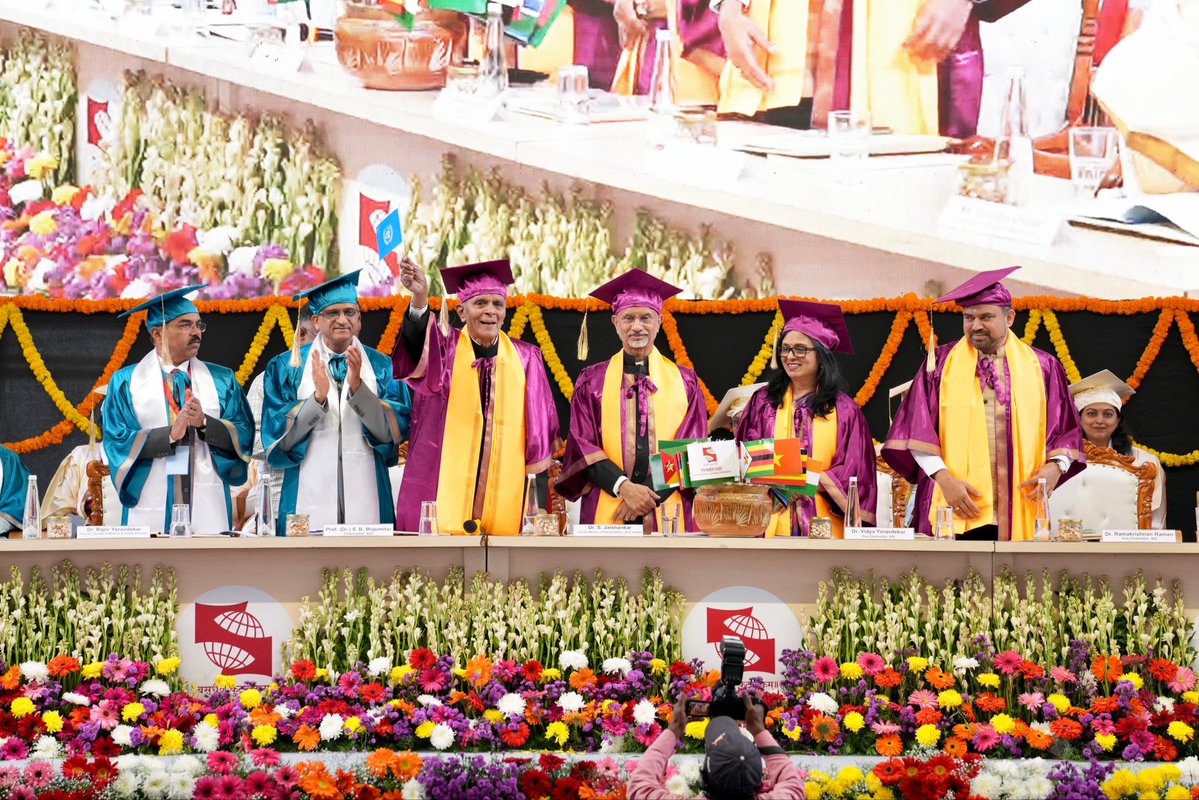


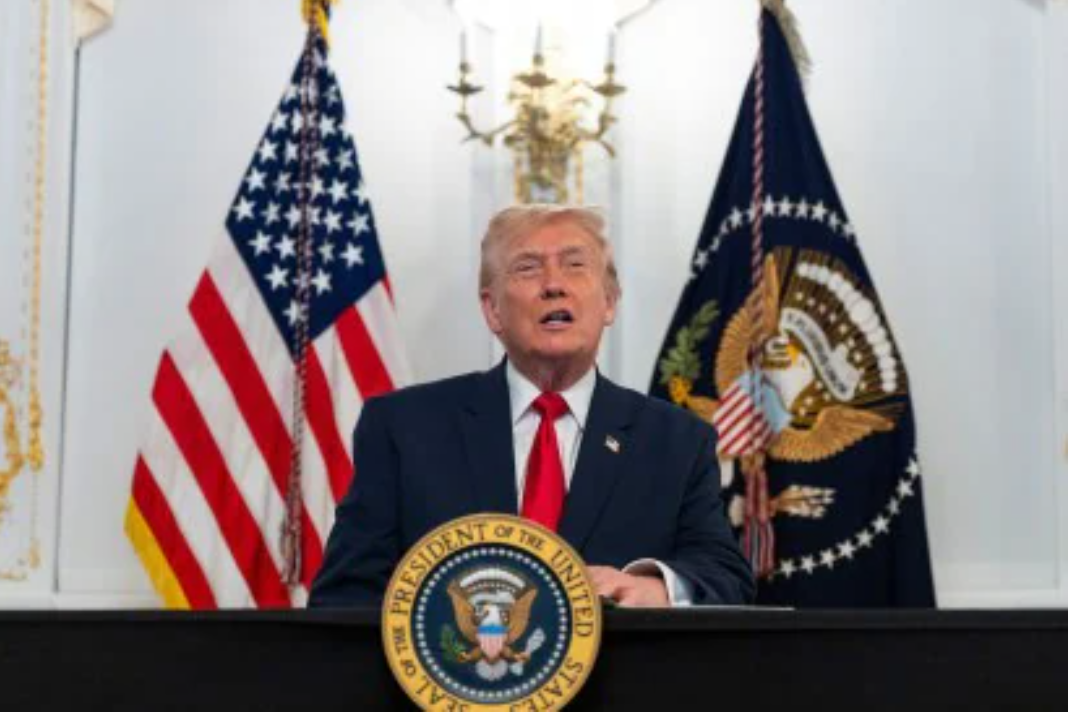
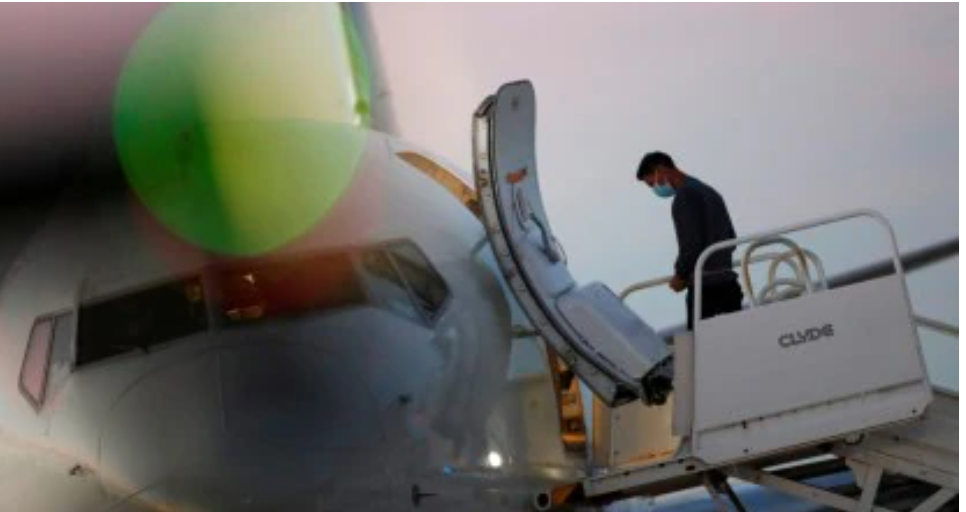



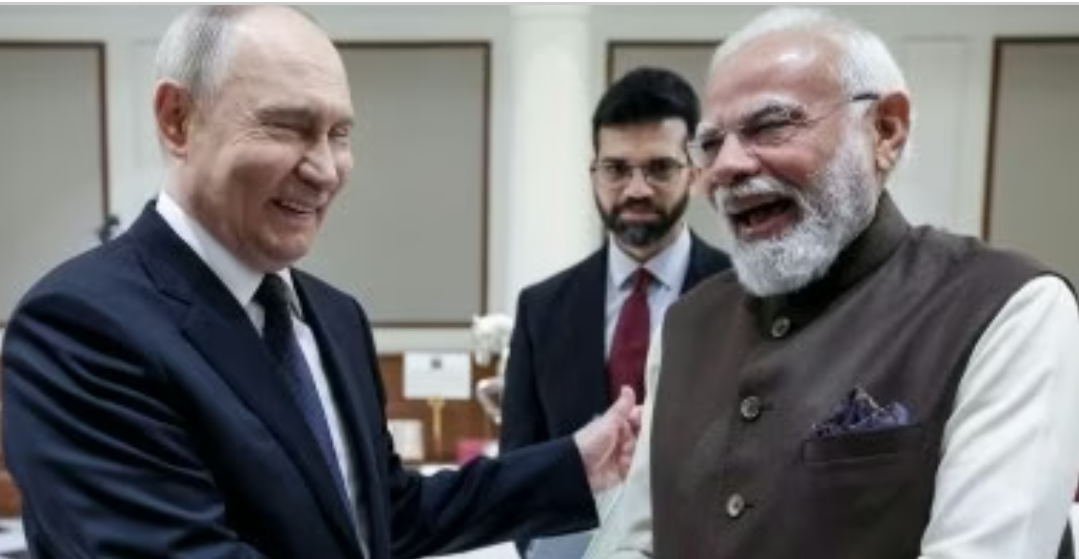
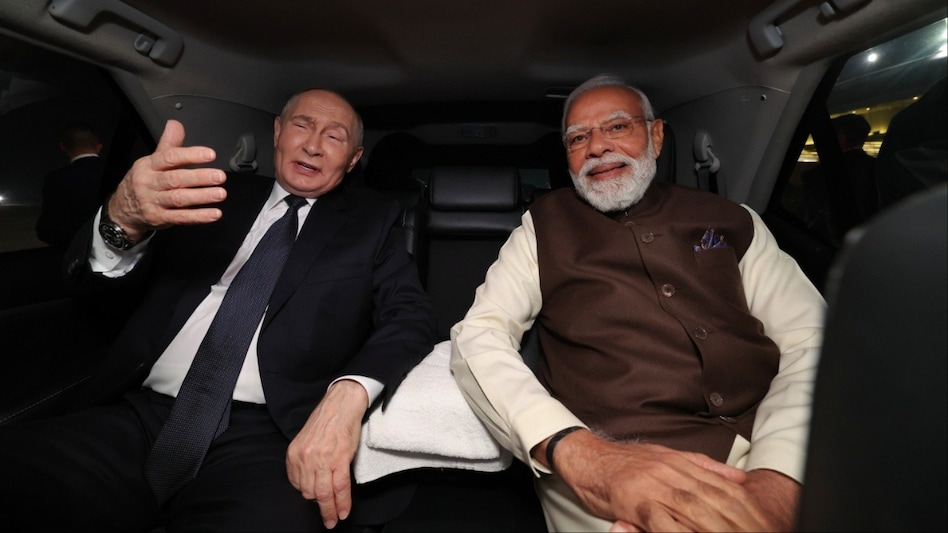
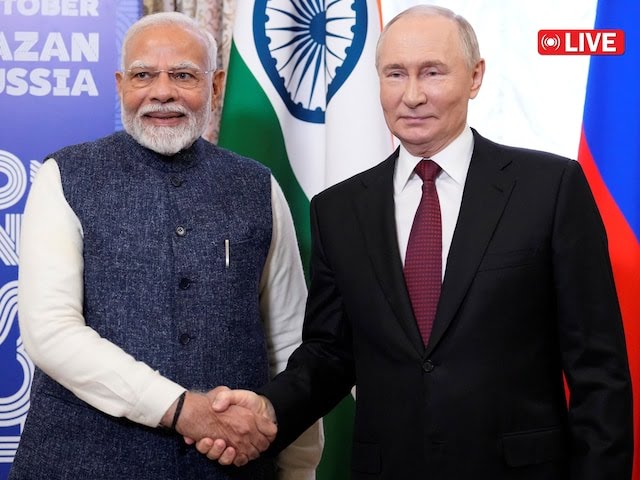
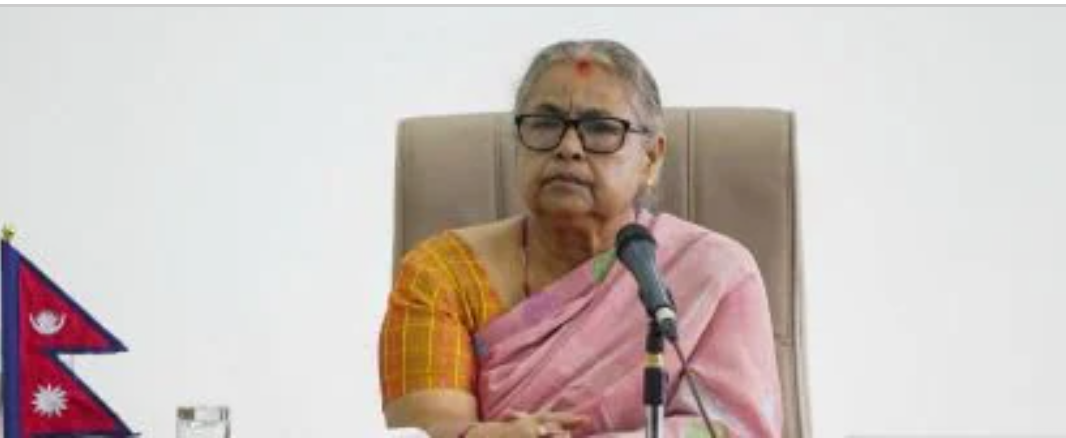

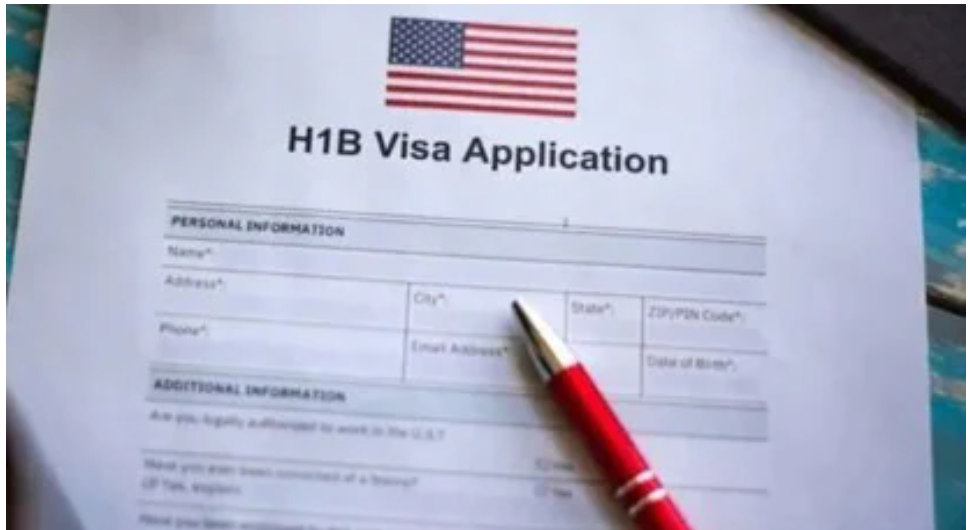
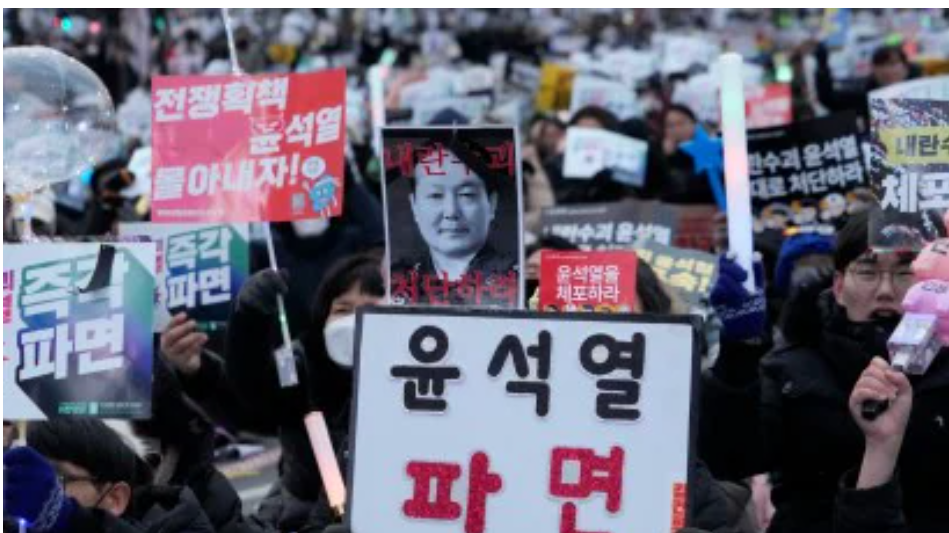


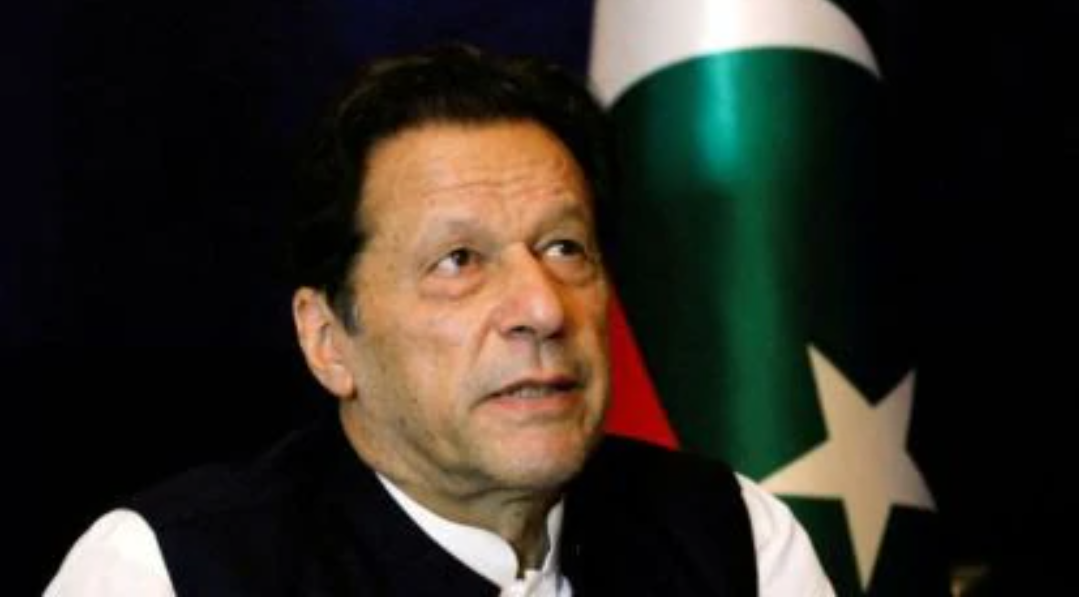












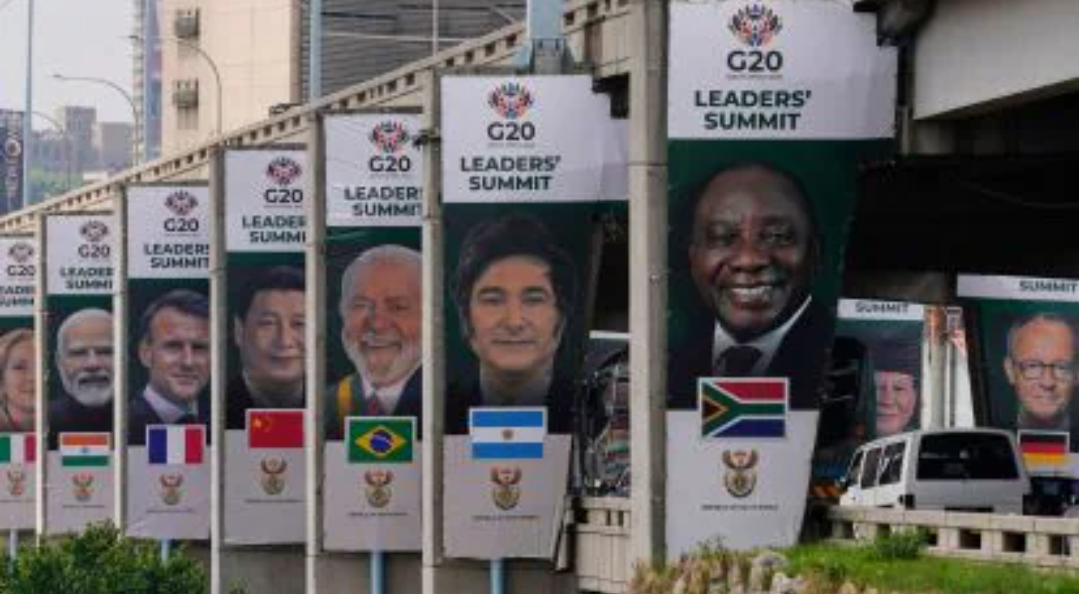

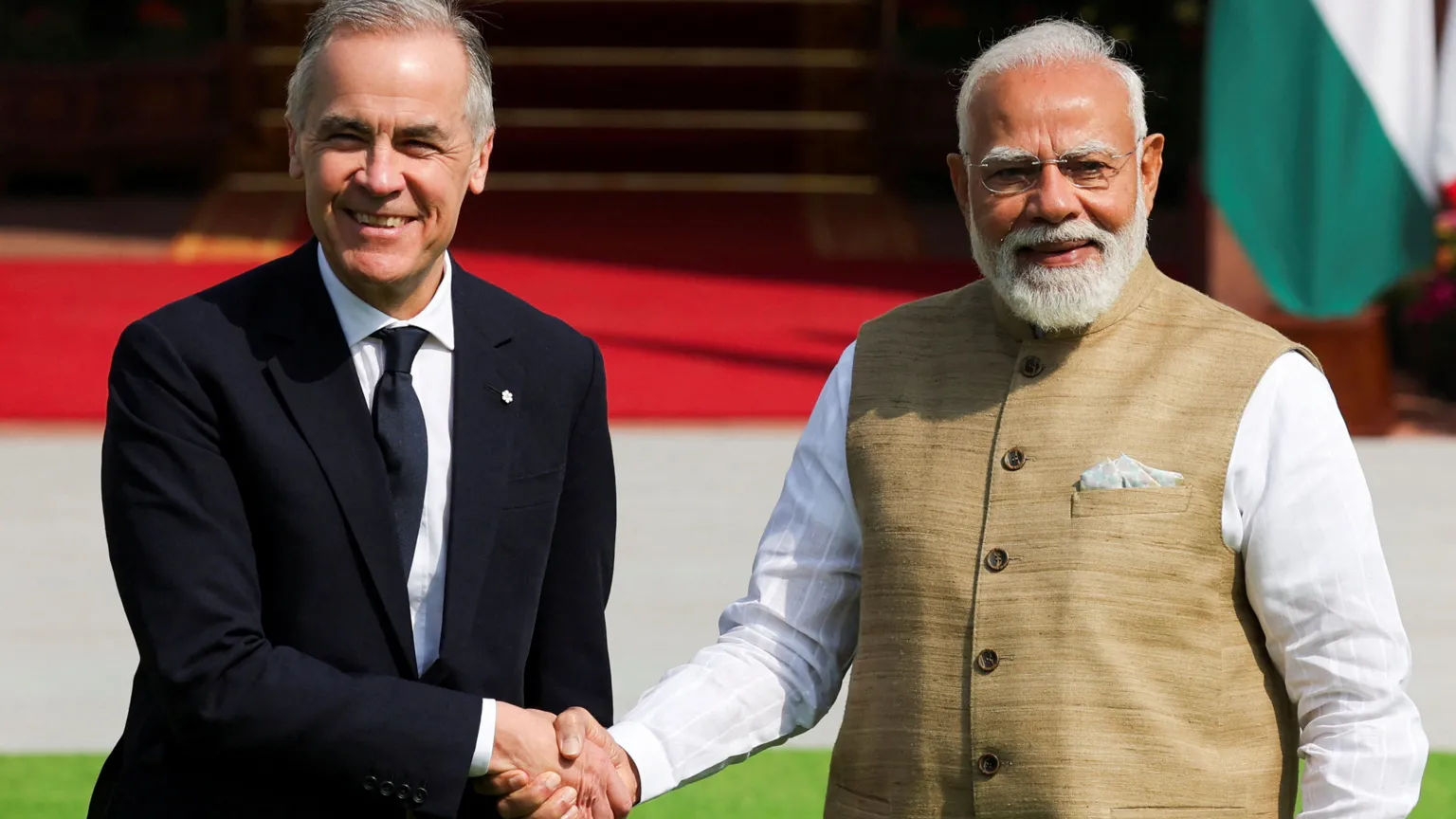
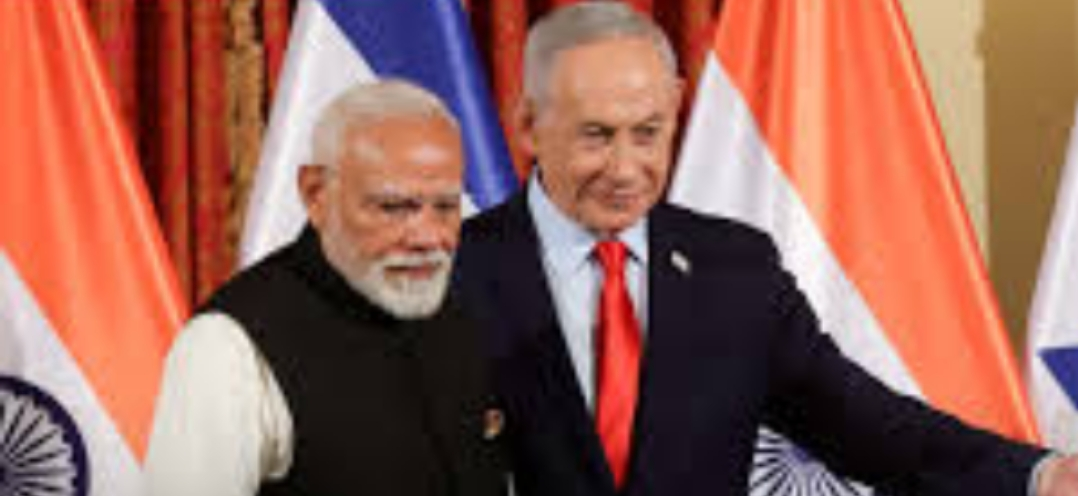
![Smoke rises after Israeli strikes in Beirut's southern suburbs, on March 2 [Mohamad Azakir/Reuters]](https://america112.com/wp-content/uploads/2026/03/hgh.webp)
